Hamid talked about his book, keeping a beard and losing it during his US book tour and what he feels about his ‘cousin’ India.
Like his engaging Pakistani hero Changez in his edgy new novel “Reluctant Fundamentalist,” McKinsey consultant Mohsin Hamid went to college at Princeton and Harvard, worked in New York and found himself torn by the events of September 11, 2001.
“I was a little nervous about this book. When my first novel Moth Smoke was published, my mother was worried about me going back to Pakistan because it was about a pot-smoking heroin addict and she told me that pot-smoking heroin addicts aren’t really images people are going for over here — You could come out of it badly in the local press. I was nervous that people in America would find “The Reluctant Fundamentalist” confrontational, a bit rude,” Hamid told a packed book event in Manhattan.
“I have lived for most of my adult life in America and have enormous affection both for the country and my friends here. I have written from a stance that is both critical and affectionate towards America and I hope the readers will see my intent is not to gloss over the very real pain of 9/11 but rather to reconnect parts of my world — and myself — that have grown increasingly divided.”
On the sidelines of the book event in New York, Hamid talked about his book, keeping a beard and losing it during his US book tour and what he feels about his ‘cousin’ India.
Is there an autobiographical element in the book? Both you and Changez grew up in Lahore, were educated at Princeton and worked in New York for years. Did you relocate to London after September 11, 2001?
I moved to London two months before September 11, so my trajectory was different. And, it is not autobiographical in the sense that Changez is not me. His story is not my story but I have certainly inhabited the geography of his world.
I write about what I know so I have been to Princeton, I have worked in the American corporate world, but I was much older than Changez when September 11 happened; more formed as a person and I had much more of an Americaness in me so I think it is quite different in that sense.
Would you say it has become more uncomfortable for people from Asia and the Middle East and countries like Pakistan and Afghanistan to live in the US?
Yes, it has become more uncomfortable here. There is more stereotyping, miscommunication and confrontation for sure.
Author Kiran Desai has praised your book for capturing a “developing bitterness” between the East and West and also portraying a powerful love story between Changez and Erica. Is there a growing acceptance of mixed race relationships in Pakistan?
I wouldn’t say there is a large acceptance of it. I definitely know people who have done it. Most of them have chosen not to go back to Pakistan after marrying somebody from a different race but some do go back. My wife Zara’s mother is half-Italian so obviously mixed marriages have been going on for a long time. But it is difficult. I think it might actually be little easier for a Pakistani man to marry a foreign woman than for a Pakistani woman to do so.
Do you think the Indian government is too quick to blame Pakistan whenever there is a bombing in any part of the country?
I don’t know, it is hard for me to say. But what I would say is at the moment there is a lack of movement and just visible excitement on the Indian government’s part towards peace with Pakistan. And, I think it is unfortunate because there is a real historical moment now where a peace deal could be struck on terms that India would be quite happy with and so I am surprised the movement is so slow.
I think Musharraf is more committed to the peace process. Surprisingly enough for a man who masterminded Kargil, Musharraf is quite keen. Sometimes it is the war makers who become committed to the peace process. I think the Pakistani population is quite positive about it because Pakistan doesn’t really have a Hindu minority so the feeling of threat is an abstract one. In India it feels much more real.
Selling like hot cakes
Hamid’s novel is written as an extended monologue; you hear a Pakistani man Changez speaking to an uneasy American stranger in a bustling Lahore street restaurant without getting a response. Hamid’s book has already shot up to the top of the Barnes & Noble best-seller list and is flying off book shelves in the US and Britain. Americans might be jolted to see a disturbing, eye-opening view of how the Muslim world sees them. Hamid will be in India from May 1 to 6.
![submenu-img]() House of the Dragon season 2 trailer: Rhaenyra wages an unwinnable war against Aegon, Dance of the Dragons begins
House of the Dragon season 2 trailer: Rhaenyra wages an unwinnable war against Aegon, Dance of the Dragons begins![submenu-img]() Panchayat season 3 trailer: Jitendra Kumar returns as sachiv, Neena, Raghubir get embroiled in new political tussle
Panchayat season 3 trailer: Jitendra Kumar returns as sachiv, Neena, Raghubir get embroiled in new political tussle![submenu-img]() Apple partners up with Google against unwanted tracker, users will be alerted if…
Apple partners up with Google against unwanted tracker, users will be alerted if…![submenu-img]() Meet actress whose debut film was superhit, got married at peak of career, was left heartbroken, quit acting due to..
Meet actress whose debut film was superhit, got married at peak of career, was left heartbroken, quit acting due to..![submenu-img]() Who is the real owner of Delhi's Connaught Place and who collects rent from here?
Who is the real owner of Delhi's Connaught Place and who collects rent from here?![submenu-img]() Meet man who is 47, aspires to crack UPSC, has taken 73 Prelims, 43 Mains, Vikas Divyakirti is his...
Meet man who is 47, aspires to crack UPSC, has taken 73 Prelims, 43 Mains, Vikas Divyakirti is his...![submenu-img]() IIT graduate gets job with Rs 100 crore salary package, fired within a year, he is now working as…
IIT graduate gets job with Rs 100 crore salary package, fired within a year, he is now working as…![submenu-img]() Goa Board SSC Result 2024: GBSHSE Class 10 results to be out today; check time, direct link here
Goa Board SSC Result 2024: GBSHSE Class 10 results to be out today; check time, direct link here![submenu-img]() CUET-UG 2024 scheduled for tomorrow postponed for Delhi centres; check new exam date here
CUET-UG 2024 scheduled for tomorrow postponed for Delhi centres; check new exam date here![submenu-img]() Meet man who lost eyesight at 8, bagged record-breaking job package at Microsoft, not from IIT, NIT, VIT, his salary is…
Meet man who lost eyesight at 8, bagged record-breaking job package at Microsoft, not from IIT, NIT, VIT, his salary is…![submenu-img]() DNA Verified: Is CAA an anti-Muslim law? Centre terms news report as 'misleading'
DNA Verified: Is CAA an anti-Muslim law? Centre terms news report as 'misleading'![submenu-img]() DNA Verified: Lok Sabha Elections 2024 to be held on April 19? Know truth behind viral message
DNA Verified: Lok Sabha Elections 2024 to be held on April 19? Know truth behind viral message![submenu-img]() DNA Verified: Modi govt giving students free laptops under 'One Student One Laptop' scheme? Know truth here
DNA Verified: Modi govt giving students free laptops under 'One Student One Laptop' scheme? Know truth here![submenu-img]() DNA Verified: Shah Rukh Khan denies reports of his role in release of India's naval officers from Qatar
DNA Verified: Shah Rukh Khan denies reports of his role in release of India's naval officers from Qatar![submenu-img]() DNA Verified: Is govt providing Rs 1.6 lakh benefit to girls under PM Ladli Laxmi Yojana? Know truth
DNA Verified: Is govt providing Rs 1.6 lakh benefit to girls under PM Ladli Laxmi Yojana? Know truth![submenu-img]() Ananya Panday stuns in unseen bikini pictures in first post amid breakup reports, fans call it 'Aditya Roy Kapur's loss'
Ananya Panday stuns in unseen bikini pictures in first post amid breakup reports, fans call it 'Aditya Roy Kapur's loss'![submenu-img]() Remember Harsh Lunia? Just Mohabbat child star, here's how former actor looks now, his wife is Bollywood's popular...
Remember Harsh Lunia? Just Mohabbat child star, here's how former actor looks now, his wife is Bollywood's popular...![submenu-img]() Mother's Day 2024: Bollywood supermoms who balance motherhood, acting, and run multi-crore businesses
Mother's Day 2024: Bollywood supermoms who balance motherhood, acting, and run multi-crore businesses![submenu-img]() Rocky Aur Rani's Golu aka Anjali Anand shocks fans with drastic weight loss without gym, says fitness secret is...
Rocky Aur Rani's Golu aka Anjali Anand shocks fans with drastic weight loss without gym, says fitness secret is...![submenu-img]() In pics: Ram Charan gets mobbed by fans during his visit to Pithapuram for ‘indirect campaign’ for uncle Pawan Kalyan
In pics: Ram Charan gets mobbed by fans during his visit to Pithapuram for ‘indirect campaign’ for uncle Pawan Kalyan![submenu-img]() Haryana Political Crisis: Will 3 independent MLAs support withdrawal impact the present Nayab Saini led-BJP government?
Haryana Political Crisis: Will 3 independent MLAs support withdrawal impact the present Nayab Saini led-BJP government?![submenu-img]() DNA Explainer: Why Harvey Weinstein's rape conviction was overturned, will beleaguered Hollywood mogul get out of jail?
DNA Explainer: Why Harvey Weinstein's rape conviction was overturned, will beleaguered Hollywood mogul get out of jail?![submenu-img]() What is inheritance tax?
What is inheritance tax?![submenu-img]() DNA Explainer: What is cloud seeding which is blamed for wreaking havoc in Dubai?
DNA Explainer: What is cloud seeding which is blamed for wreaking havoc in Dubai?![submenu-img]() DNA Explainer: What is Israel's Arrow-3 defence system used to intercept Iran's missile attack?
DNA Explainer: What is Israel's Arrow-3 defence system used to intercept Iran's missile attack?![submenu-img]() House of the Dragon season 2 trailer: Rhaenyra wages an unwinnable war against Aegon, Dance of the Dragons begins
House of the Dragon season 2 trailer: Rhaenyra wages an unwinnable war against Aegon, Dance of the Dragons begins![submenu-img]() Panchayat season 3 trailer: Jitendra Kumar returns as sachiv, Neena, Raghubir get embroiled in new political tussle
Panchayat season 3 trailer: Jitendra Kumar returns as sachiv, Neena, Raghubir get embroiled in new political tussle![submenu-img]() Meet actress whose debut film was superhit, got married at peak of career, was left heartbroken, quit acting due to..
Meet actress whose debut film was superhit, got married at peak of career, was left heartbroken, quit acting due to..![submenu-img]() 'Ek actress 9 log saath leke...': Farah Khan criticises entourage culture in Bollywood
'Ek actress 9 log saath leke...': Farah Khan criticises entourage culture in Bollywood![submenu-img]() Bollywood’s 1st multi-starrer had 8 stars, makers were told not to cast Kapoors; not Sholay, Nagin, Shaan, Jaani Dushman
Bollywood’s 1st multi-starrer had 8 stars, makers were told not to cast Kapoors; not Sholay, Nagin, Shaan, Jaani Dushman![submenu-img]() Who is the real owner of Delhi's Connaught Place and who collects rent from here?
Who is the real owner of Delhi's Connaught Place and who collects rent from here?![submenu-img]() Viral video: Chinese artist's flaming 'stairway to heaven' stuns internet, watch
Viral video: Chinese artist's flaming 'stairway to heaven' stuns internet, watch![submenu-img]() Video: White House plays 'Sare Jahan Se Achha Hindustan Hamara" at AANHPI heritage month celebration
Video: White House plays 'Sare Jahan Se Achha Hindustan Hamara" at AANHPI heritage month celebration![submenu-img]() Viral video: Bear rides motorcycle sidecar in Russia, internet is stunned
Viral video: Bear rides motorcycle sidecar in Russia, internet is stunned![submenu-img]() Driver caught on camera running over female toll plaza staff on Delhi-Meerut expressway, watch video
Driver caught on camera running over female toll plaza staff on Delhi-Meerut expressway, watch video

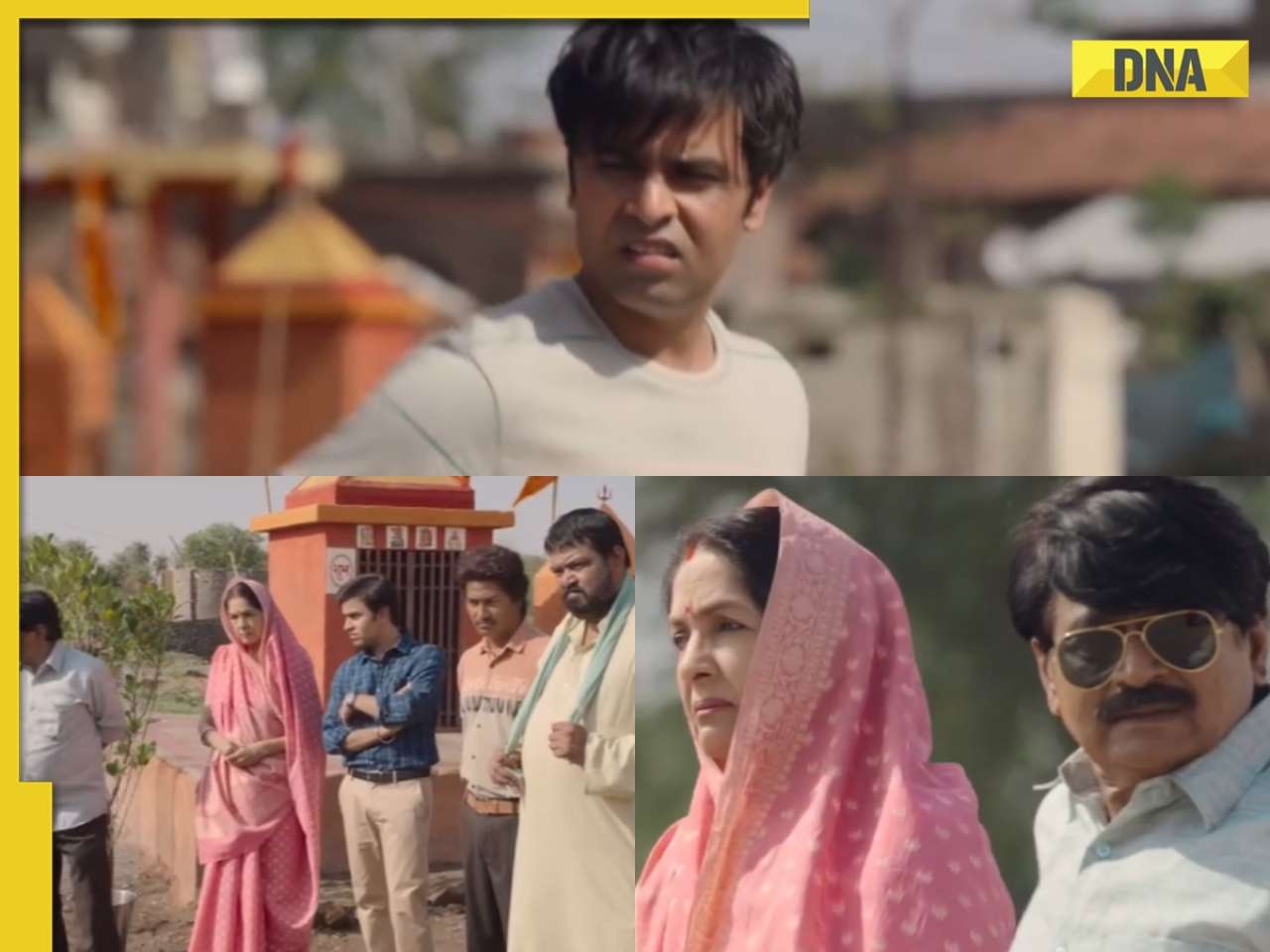










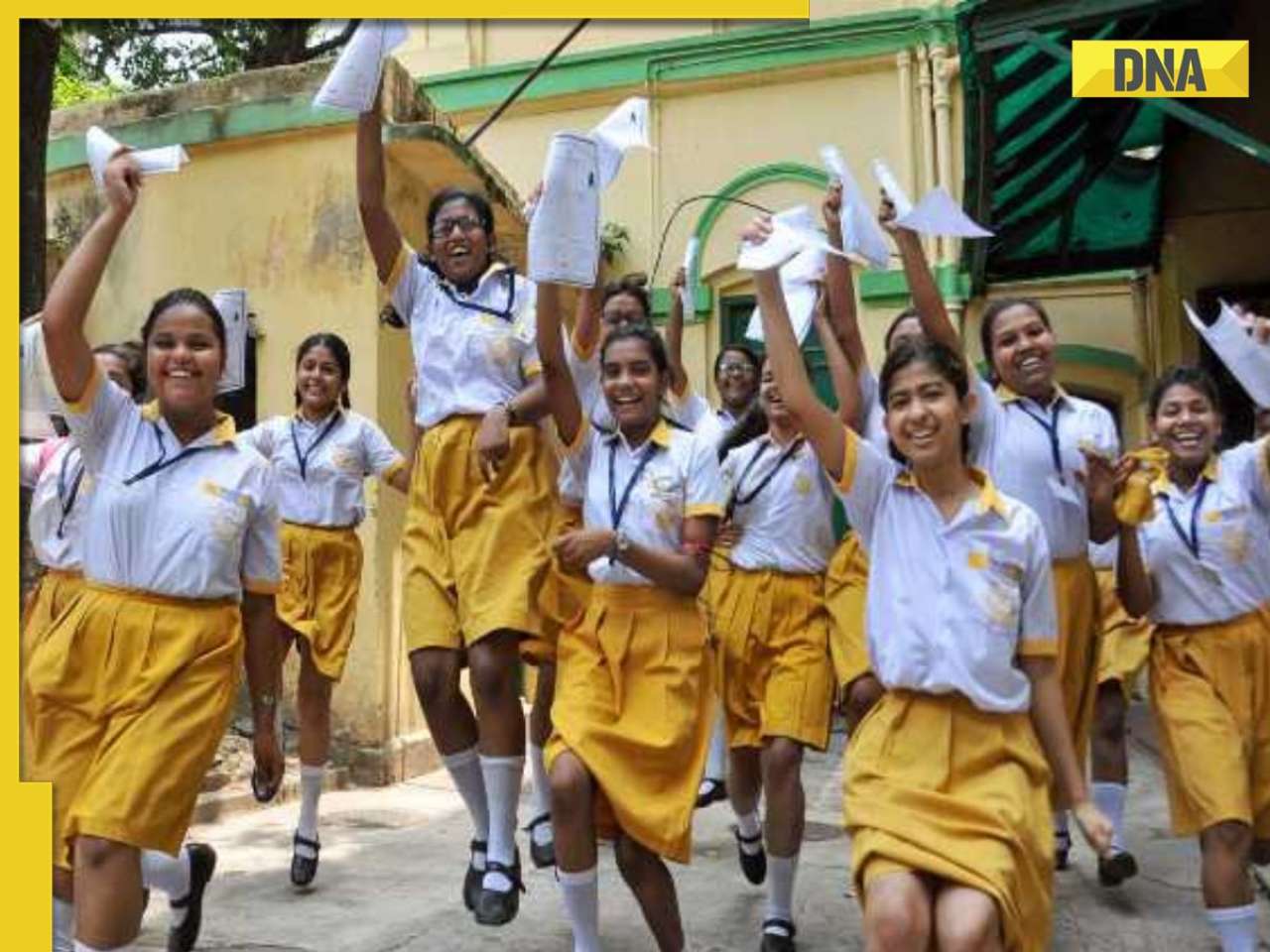
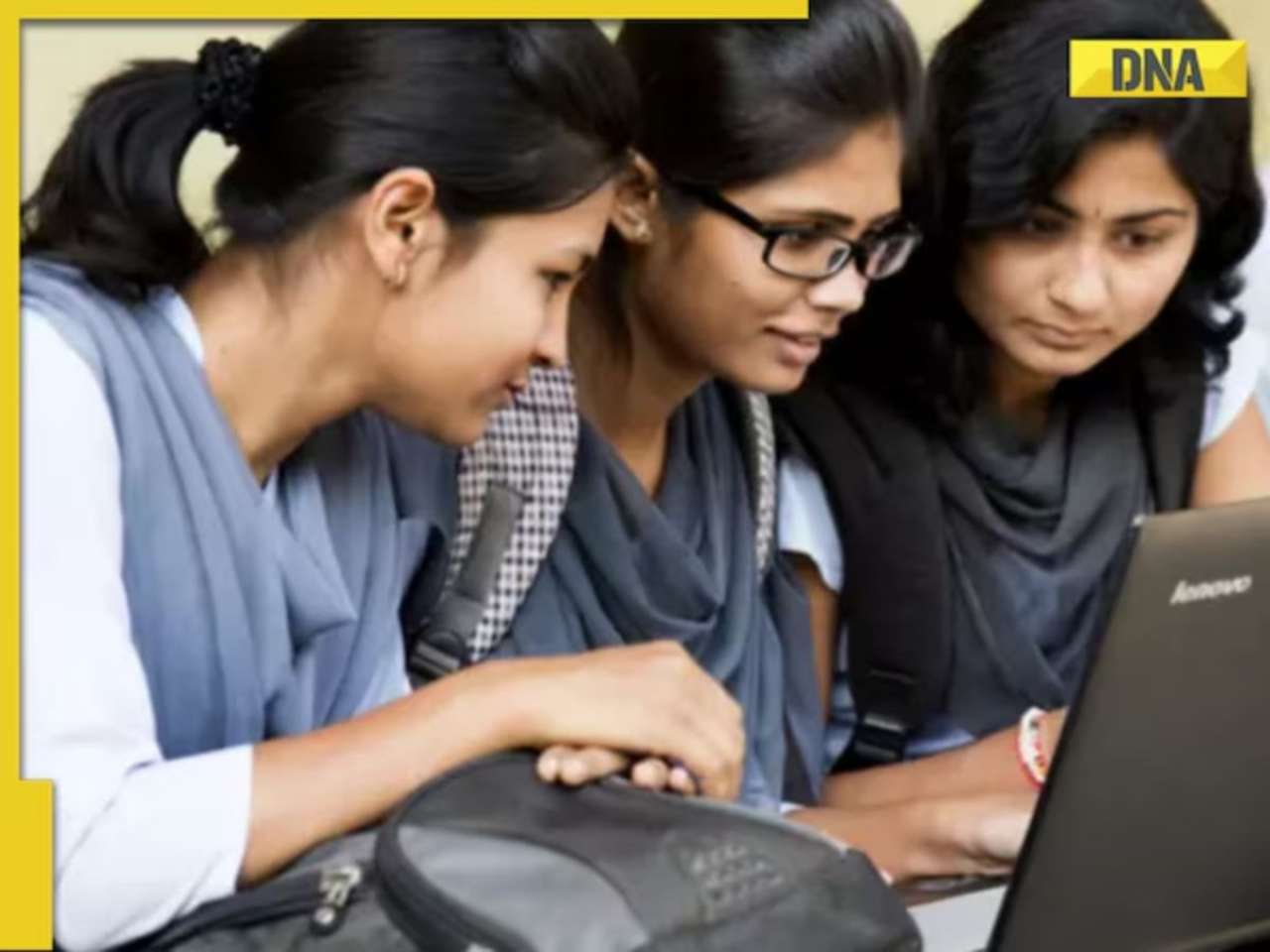
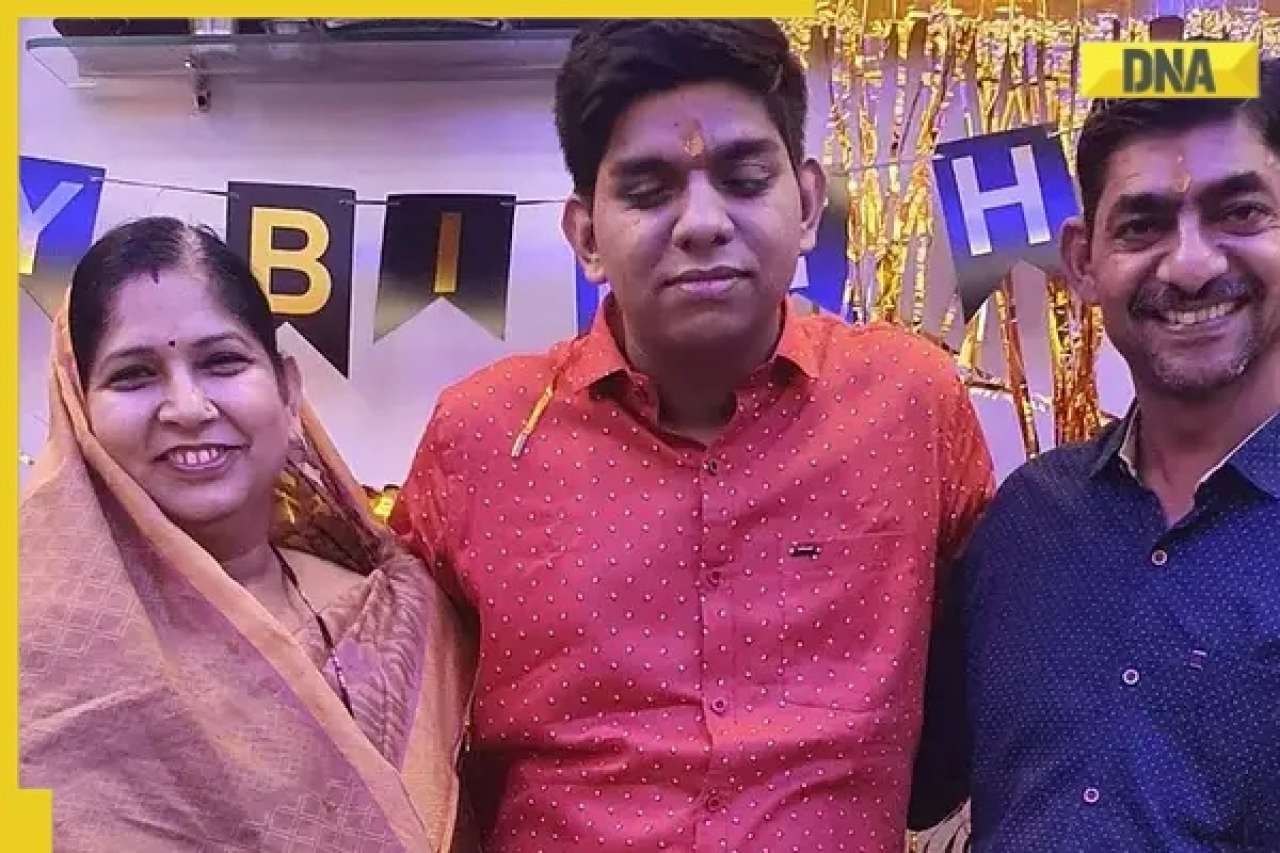
















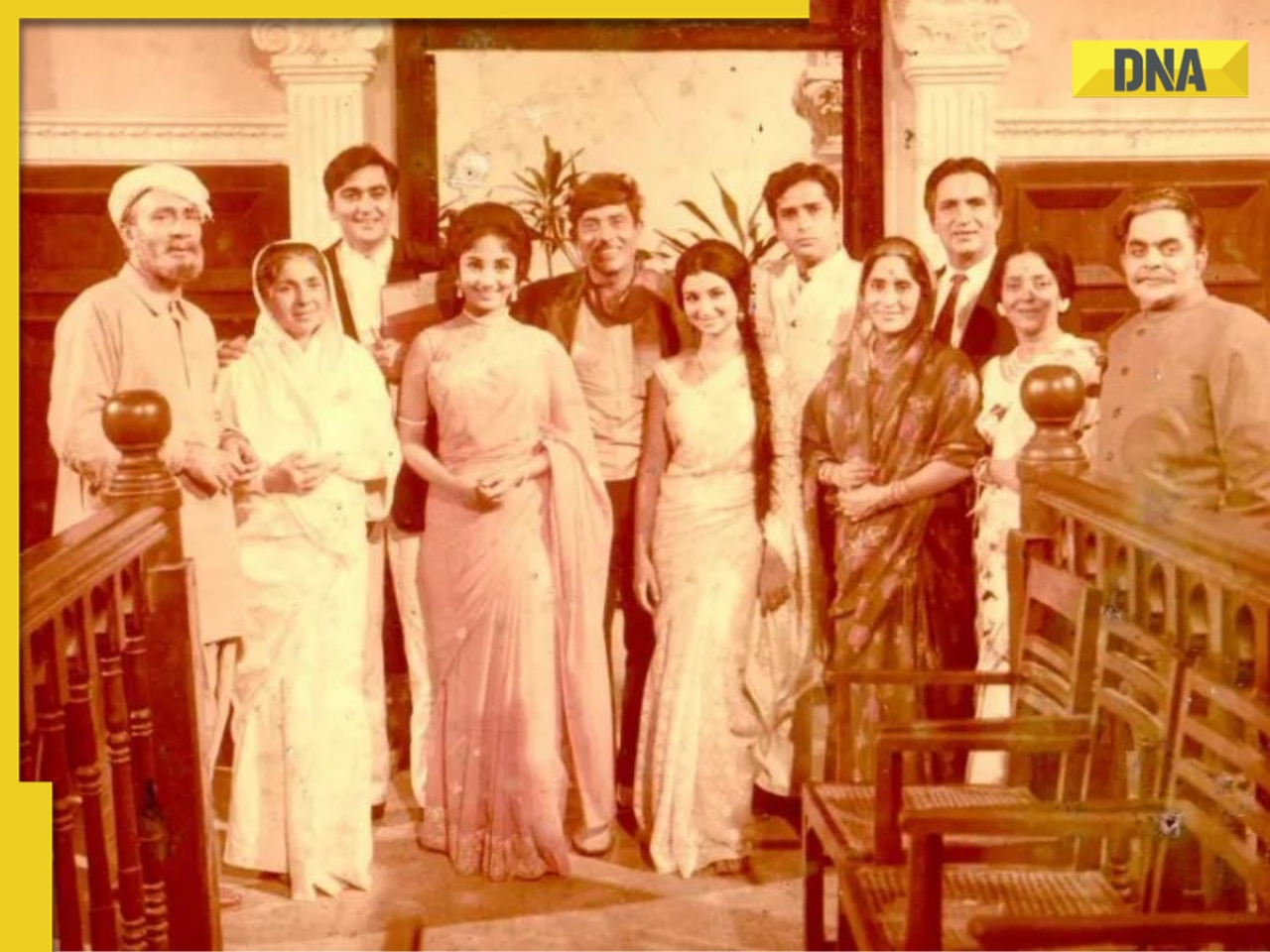
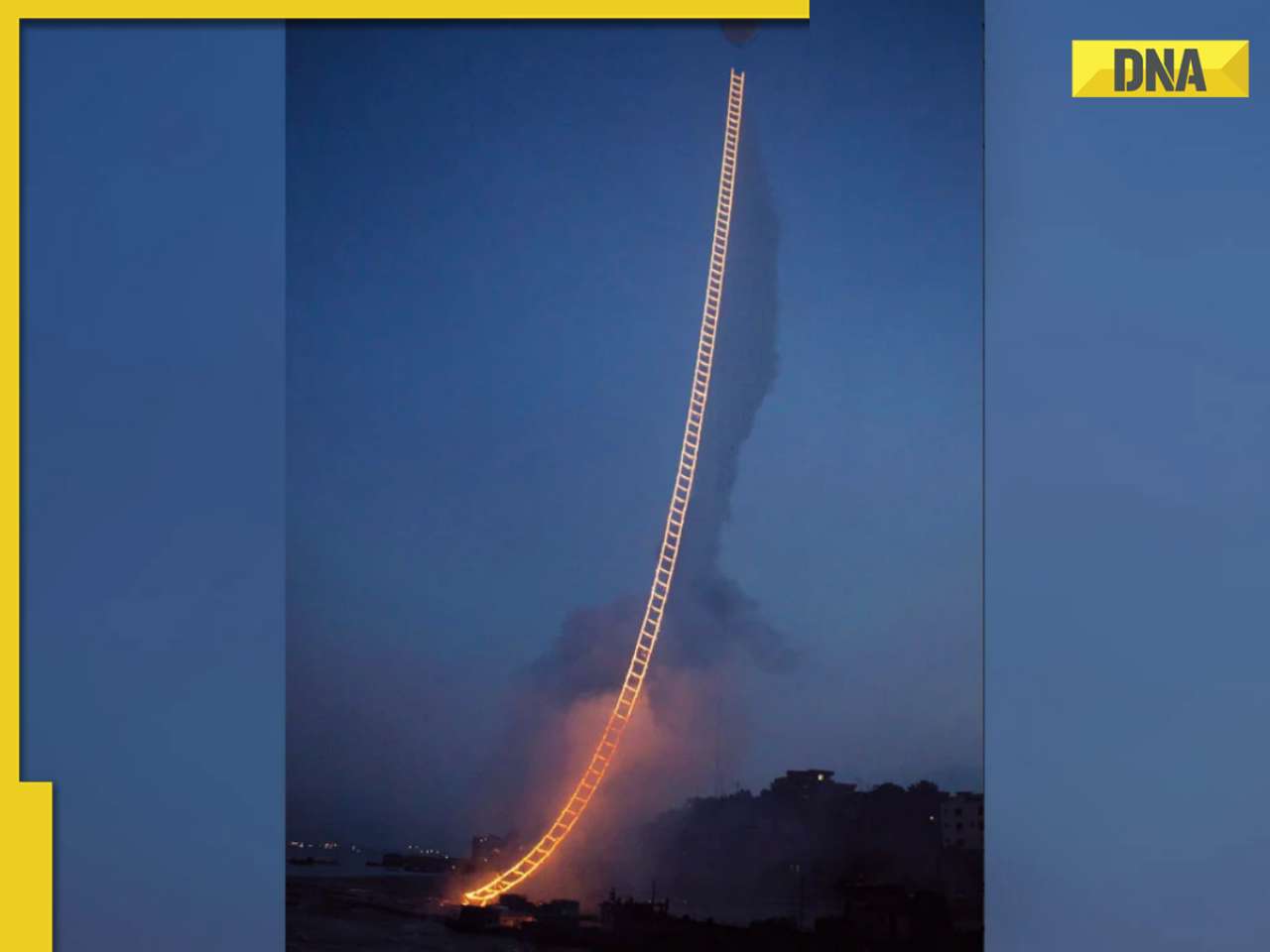
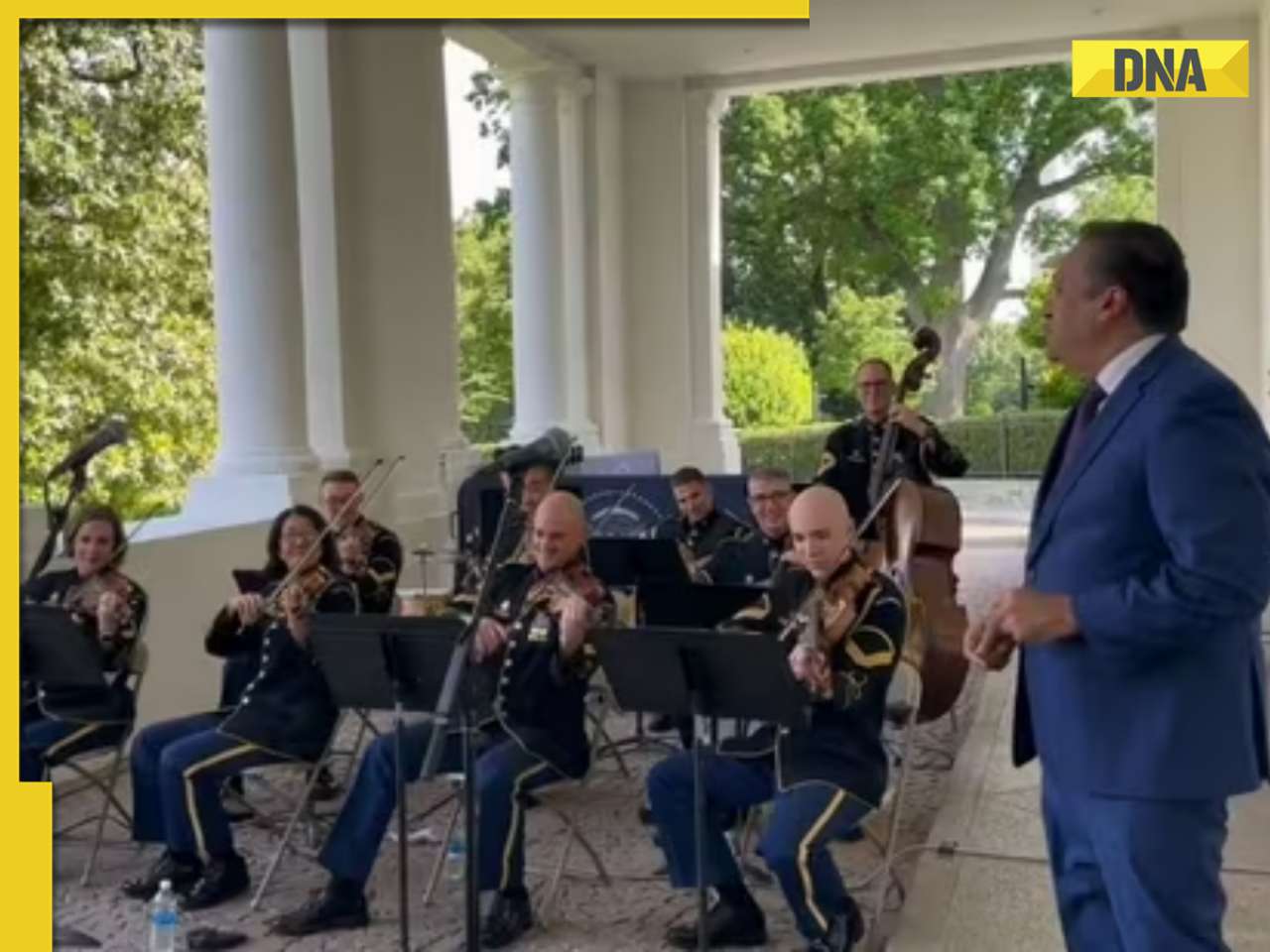








)
)
)
)
)
)